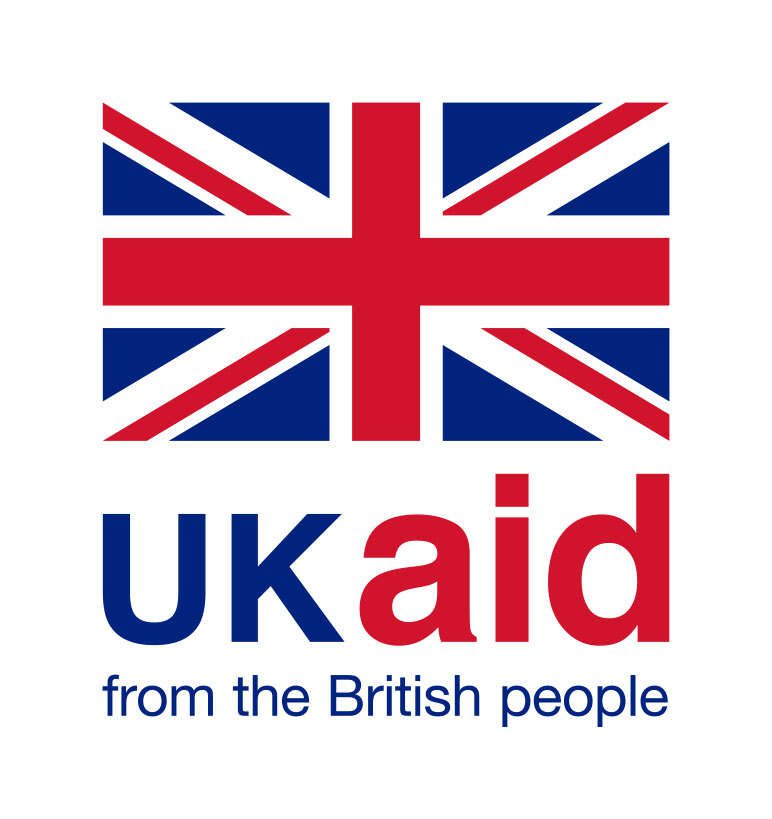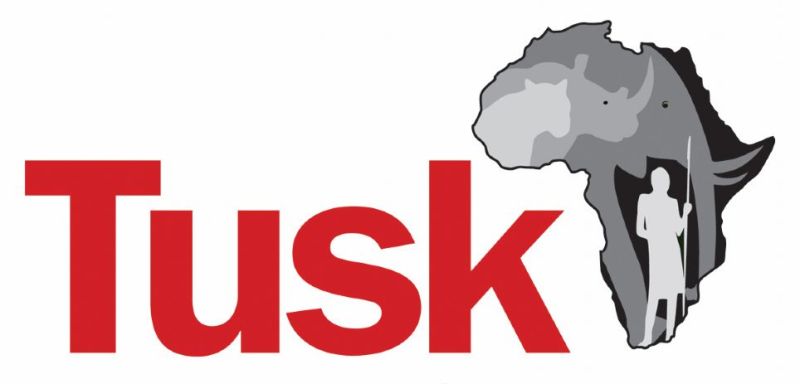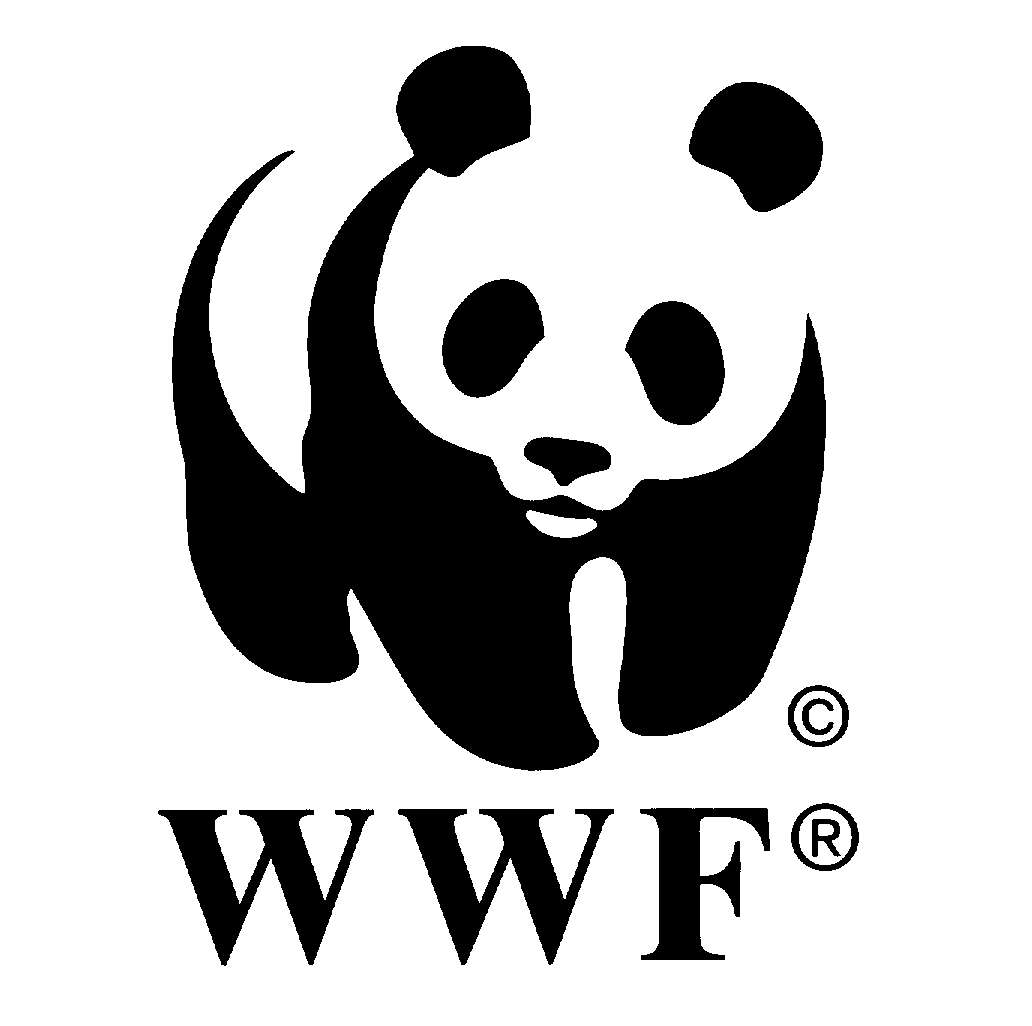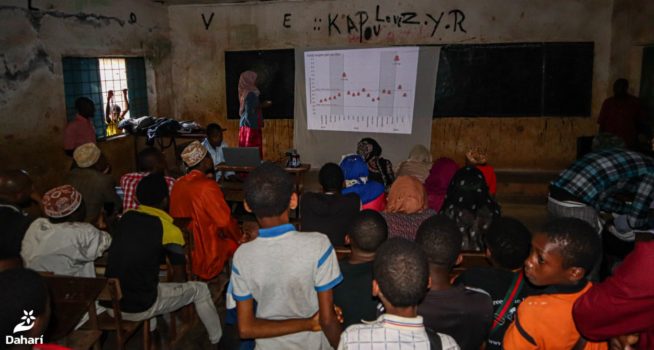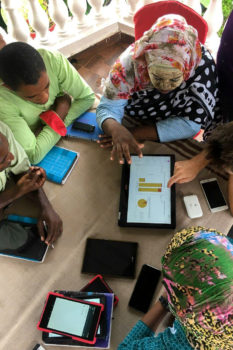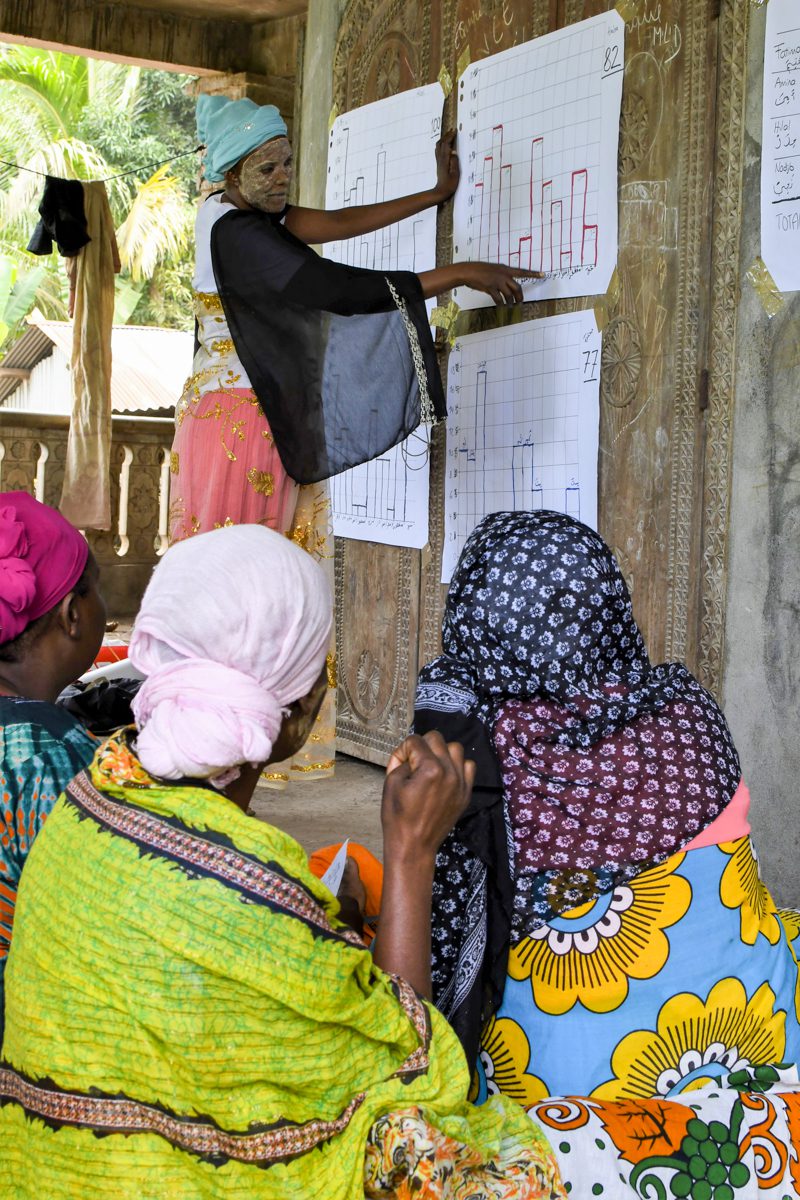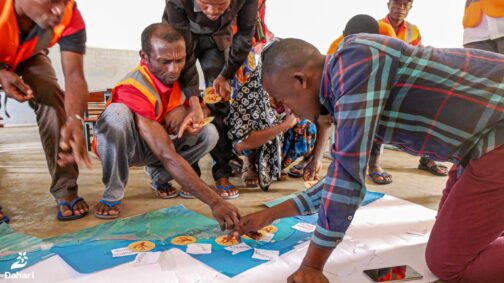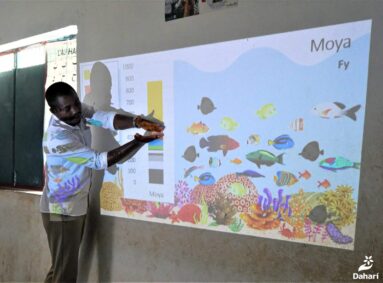the power of data and local knowledge in local fisheries management
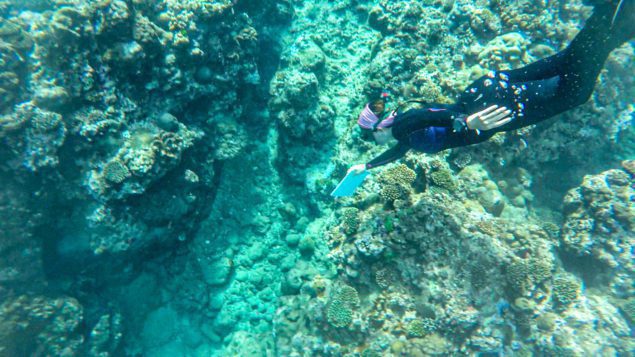
Effy diving to monitor one of the spots on the reef at Moya, Southwest of Anjouan, Comoros | Photo: Dahari.
An array of colours fill my eyes when I put my head underwater – blue, red, yellow and green is what I see as the fish move over beautiful branching and fan-like corals. When I take a breath to dive and go a bit closer, some fish look at me curiously while others hide between coral branches. I can feel the excitement building up, finally being here in the waters facing Moya, in the southwest coast of Anjouan in the Comoros, for the first reef evaluations in this area with my colleagues from our partner Dahari.
Dahari is a Comorian NGO supporting communities inland and at the coast to preserve their resources while contributing to the improvement of their livelihoods. Since 2015, we have been supporting their marine programme in building the capacity of local fishers’ associations, and engaging wider communities across 4 villages towards sustainable fisheries management. At the start of 2021, we initiated discussions with fishers from 3 more villages, Moya, Kowe and Maweni, about their marine resources, threats and potential solutions. Another objective of these engagements is to assess how we can collaborate and support the fishers’ communities while initiating the monitoring of marine resources.
During these first monitoring sessions to collect data on different fish species and presence of coral to assess overall reef health in Moya, people looking out from the coast thought we were net fishing, which is a banned destructive practice in the region. They immediately warned the local fishers’ association who became concerned of our presence until they realized it was just our team counting fish and corals. When we got back on land, they joked with us about local fishers being weary of our presence. Nevertheless, this showed the good engagement of the community in enforcing fisheries management rules!
Monitoring of the reefs is repeated at regular intervals, and the data collected used to identify any changes on the reef and to inform management measures. To implement sound fisheries management, monitoring data is very useful in supporting decision-making but the data can be difficult to understand. So how do we effectively share results back to communities in a way that makes sense and can engage them?
Reef monitoring is very important, it’s from these outings at sea that we’ll be able to assess sites with abundant fish, sites with more impacts from destructive fishing techniques, to provide information on changes (to our environment) and how to mitigate those.” – Mohamed Anfane, President of Moya Fishers Cooperative
In the Comoros, our team has built an extensive experience of sharing data with communities. Since 2016, regular data feedback sessions with the communities have been organised to share and discuss results from fisheries monitoring. These events provided an open space for the whole community to discuss and build a mutual understanding that allowed us to develop a long-term relationship with communities based on trust. As data can include complex statistics and visualisations that are hard to grasp, we sought to build capacity of local fishers’ associations in understanding monitoring data through interactive sessions, including how to create simple visualizations and use them to support decision-making on fisheries management. The impact of this training was quickly realised when several fishers took the lead in presenting catch results back to their communities following the reopening of a temporary octopus closure – a big step in building confidence and providing them with tools to strengthen community-led management.
Fisheries catch data is easier to understand as people see it everyday, however we realised that the underwater environment was a mystery to many fishers unless they were divers. We therefore organised a workshop with fisher representatives from Moya, Kowe and Maweni to build the understanding of underwater data on fish and corals. We first introduced the different roles of marine animals, such as corals, which surprised many fishers who learnt that corals are colonies of tiny animals. We also explored how corals and fish depend on each other. This introductory session was then followed by a presentation of results from the rapid evaluations we conducted a week prior to the meeting. This workshop was very important to validate our initial results in both directions and cross-check our data with fishers’ knowledge. We then did a mapping exercise to identify areas of high biodiversity in order to inform management. First, we laid out a big map of the region in front of the fishers, asking them to locate their villages and reefs on the satellite image of their coastline. The fishers had a bit of fun arguing where this and that village were, but eventually everyone agreed.
This mapping workshop is a learning opportunity that has allowed us to increase our knowledge in what we are planning to undertake, such as preserving our coastline.” – Mohamed Anfane, President of Moya Fishers Cooperative
We then discussed what would be the key categories that would be important to consider when developing fisheries management. Coral cover, fish diversity and quantity as well as threats such as fisher numbers or visible waste, were highlighted as essential indicators by the fishers. Through an interactive method relying on fishers knowledge, fishers placed cards with images of these key data at points on the map, moving them around to define areas of high biodiversity and threatened sites. The resulting map therefore includes key sites based on fishers’ knowledge and our initial rapid evaluations. This participatory style and resulting output is an important step in starting discussions on future management strategies, to support decision-making and to advocate for use of local knowledge. The next steps are for us and Dahari to digitise the outputs from this exercise and create a reference map for future use by local associations. We also plan to visit the different sites selected by fishers to conduct more reef assessments. I’m pretty excited about getting my head back underwater, especially with this collaboration at the centre of it. In the near future, some of these sites will become part of our continuous regular reef monitoring programme and we will continue to present and discuss the data with the fishers.
The relevance (of data), is that once everybody will have understood that we need to leave our reefs to regenerate, and that we should not use destructive practices, we will have a healthy reef rich in marine resources.” – Zalihata Moussa, fisherwoman from Maweni
I am glad to be part of this process of sharing data and creating valuable outputs such as maps . Furthermore, we have had the chance to combine both scientific methods and local knowledge through an interactive process that is relevant to fishers. By building a platform to increase community engagement, we shall be contributing towards stronger adaptive management with a foundation of local knowledge, collaboration and trust. We also continue to recognise the fishers’ experiences, their vast knowledge and this will contribute to their empowerment. I look forward to building on this initial collaboration grounded in data!
This initiative is funded by the UK Government through ‘The Darwin Initiative’, TUSK and World Wildlife Fund (WWF) Madagascar.
